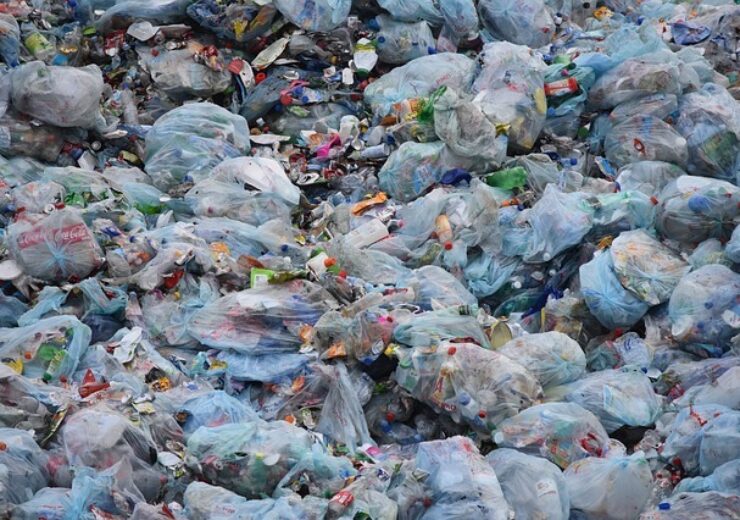The company’s enzymatic recycling technology has the potential to recycle all sorts of PET waste, including clear, coloured, opaque, complex plastics and polyester textiles

Carbios' enzymatic recycling technology facilitates unlimited recycling of all sorts of PET waste. (Credit: Ben Kerckx from Pixabay)
Green chemistry company Carbios has opened a new industrial demonstration plant with enzymatic recycling technology at its Cataroux site in Clermont-Ferrand, France.
The demonstration plant will also help validate the technical, environmental, and economic performance of the enzymatic PET recycling process, in addition to designing future industrial units.
Carbios stated that the demonstration plant marks the completion of C-ZYME technology development.
C-ZYME, an enzymatic recycling technology, uses an enzyme that helps to depolymerise polyethylene terephthalate (PET). The PET is used in different plastic and textile items.
The depolymerised monomers are said to be purified before being repolymerised into PET of comparable quality to virgin PET derived from petrochemicals.
Contrast to traditional methods, Carbios’ technology facilitates unlimited recycling of all sorts of PET waste, including clear, coloured, opaque, complex plastics and polyester textiles.
The enzymatic recycling technology will help produce 100% recycled and 100% recyclable PET goods, which maintain their virgin quality throughout the process.
Carbios CEO Jean-Claude Lumaret said: “For more than 10 years, we have been creating innovative solutions to rethink the end of life of plastics and textiles.
“This industrial demonstration plant fulfils the promises of our enzymatic recycling process, C-ZYME. The continuous cycle of recycling PET waste is one step closer to becoming a reality!”
By the end of this year, the new plant’s operation will help provide the complete engineering documents for the process to build and operate a 40,000-tonne per year capacity reference unit and future factories to be run under licencing agreements.
A team of 10 people carried out the optimisation of the operating parameters and the production of the monomer batches.
The upscaling of the process is confirmed with the successful realisation of initial hydrolysis.
In June this year, a consortium, including Carbios, L’Oréal, Nestlé Waters, PepsiCo and Suntory Beverage & Food Europe, manufactured the world’s first enzymatically recycled bottles.
